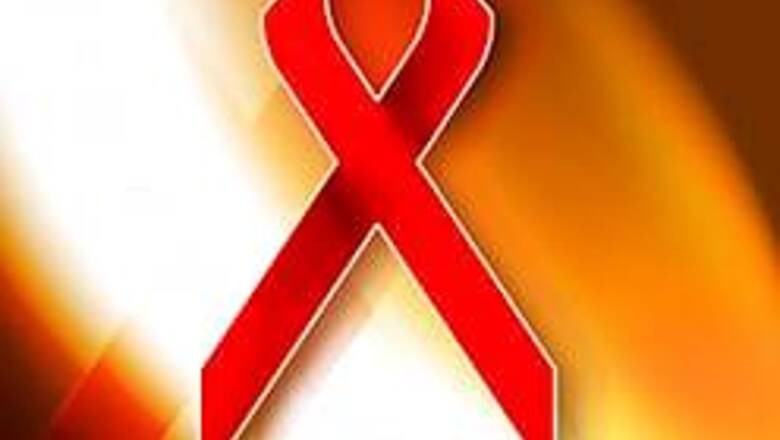
views
Cape Town: A safe and effective gel to allow women around the world to protect themselves from the AIDS virus may be available by the year 2010 if current trials involving thousands of women are successful, researchers say.
Gita Ramjee, director of the HIV prevention research unit at South Africa's Medical Research Council, said that microbicides or vaginal gels offered huge potential for stemming the epidemic especially in societies where men are reluctant to use a condom.
Ramjee said that five separate clinical trials, involving 12,000 people in South Africa and thousands in other countries were underway. Results should be ready in the next two years, she said.
''We have waited 25 years to address the epidemic, so 2008 is really not too much longer to wait,'' she told a press conference on Sunday before the start of an international conference on microbicides.
She said if governments fast-tracked the approval process, the gels might be on the market by 2010, although she cautioned this was the earliest anticipated date.
The conference, which is co-sponsored by the World Health Organisation (WHO), groups more than 1,000 scientists and researchers from around the world.
At the opening session, Nobel Peace Laureate Archbishop Desmond Tutu praised the dedication of those involved in the research. ''One day, we will be able to say just has happened with things like TB, malaria, smallpox and leprosy, that the efforts and commitment have been crowned with success,'' he said.
He cited the example of a mother ''who for no reason or fault of her own suffers and she sees her baby and knows the baby has this (AIDS virus) as well.” ''On behalf of people such as those, I want to say thank you to you, “ he added.
HIV infection is rising more rapidly among women than men in many parts of the world. Half of all adults living with the virus that causes AIDS are female, according to U.N. figures.
In sub-Saharan Africa, home to more than 25 million of the nearly 40 million people infected globally, the figure is nearly 60 per cent, with most new infections acquired through heterosexual intercourse. Yet strong taboos exist on the continent against the use of condoms.
The London School of Hygiene and Tropical Medicine has calculated that a microbicide that is 60 per cent effective against HIV and used by only 20 per cent of women in 73 developing countries over three years could prevent 2.5 million infections.
Microbicides can take the form of a gel, cream, sponge or ring that releases an active ingredient which can kill or inactivate HIV cells during sexual intercourse.
Coinciding with the start of the conference, South African AIDS activists launched a new campaign to try to prevent 2 million new AIDS infections by 2010.
The Treatment Action Campaign, which until now has focused on improving access to medication, said it would press government to provide more condoms, improve sex education and step up its prevention campaign.
''There is a crisis of prevention in this country,'' said Zackie Achmat, president of the campaign. ''There are 1,400 new infections every day. That must stop,'' he told a crowd of about 1,500 activists.
Up to 6 million South Africans are infected with the HIV virus that causes AIDS, the highest number anywhere in the world and it is projected that 2.5 million more may become infected by 2010. Up to 1,000 people die of the disease each day.
Sipho Mthathi, general secretary of the Treatment Action Campaign, said that coordinated action could prevent many of the new infections.




















Comments
0 comment